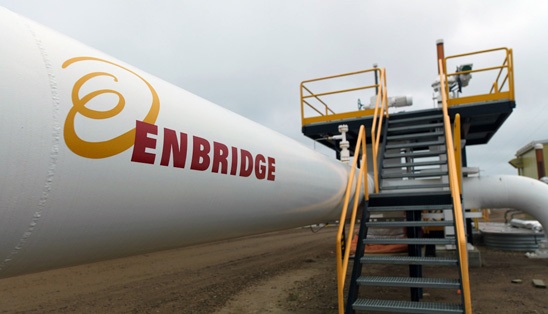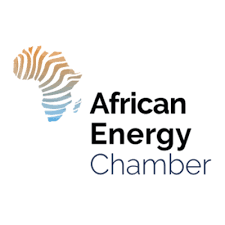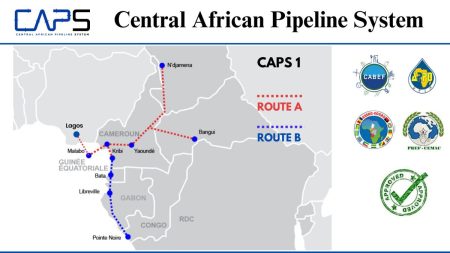It acquired three utilities from U.S.-based Dominion Energy last year, expanding its gas distribution business. This led to core profit doubling to C$1.02 billion ($719.48 million) for the segment.
“This is where our competitive advantage really kicks in… we have the supply chain capabilities, we don’t take big speculative risks on offshore leases, all of our power is fully contracted,” company executives said about their power segment on a conference call, adding that each of the utilities was serving power demand to data centers.
Meanwhile, Enbridge’s Mainline system, which moves nearly half of the crude in the United States, saw adjusted core profit rise 3% on higher toll pricing which offset a drop in volumes.
Enbridge also doesn’t see its financial guidance being materially impacted by impending tariffs from U.S. President Donald Trump’s proposed tariffs, which include a 10% duty on energy imports from Canada, and brings about an uncertain environment for the country’s energy sector.
“We’re really focused more on broader trends, like production, demand growth, earnings, returns on capital, than day-to-day political gyrations, but that said, we’re not blind to the trade discussions and disputes,” executives said.
Enbridge’s natural gas transmission segment also saw a 17% rise in core profit, partly due to favorable contracting and lower operating costs on its U.S. assets.
The Calgary, Canada-based company posted an adjusted core profit of C$5.13 billion for the quarter ended December 31, up from C$4.1 billion a year earlier, but adjusted profit of 75 Canadian cents was in line with analysts’ average estimates, according to data compiled by LSEG.
However, net earnings fell by C$1.2 billion, due to changes in the value of derivatives held by the company, which weighed on its shares.
($1 = 1.4177 Canadian dollars)
Reporting by Seher Dareen in Bengaluru; Editing by Krishna Chandra Eluri and Shailesh Kuber – Reuters




